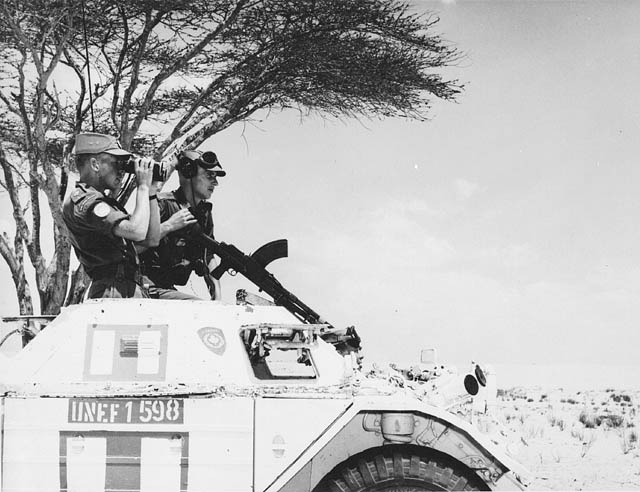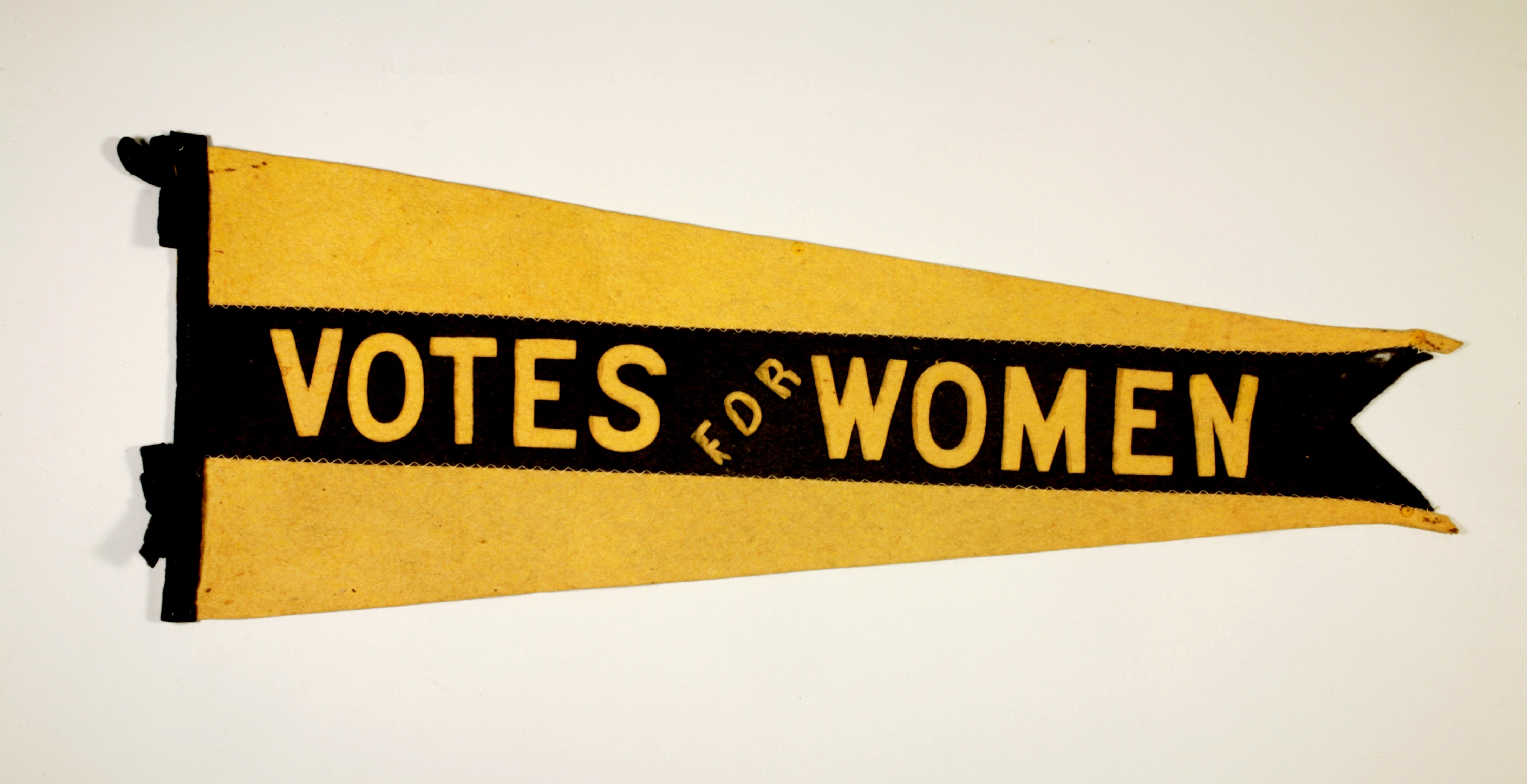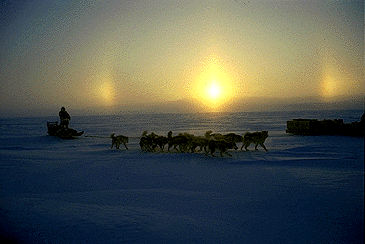Browse "Things"
-
Article
Succession (Wills)
When a person dies, that person's property or its value is transferred to the persons entitled to it after payment of any outstanding debts and liabilities; this process is described as succession.
"https://development.thecanadianencyclopedia.ca/images/tce_placeholder.jpg?v=e9dca980c9bdb3aa11e832e7ea94f5d9" // resources/views/front/categories/view.blade.php
https://development.thecanadianencyclopedia.ca/images/tce_placeholder.jpg?v=e9dca980c9bdb3aa11e832e7ea94f5d9
-
Article
Sucker
Sucker, freshwater fishes of the family Catostomidae, and closely related to minnows.
"https://development.thecanadianencyclopedia.ca/images/tce_placeholder.jpg?v=e9dca980c9bdb3aa11e832e7ea94f5d9" // resources/views/front/categories/view.blade.php
https://development.thecanadianencyclopedia.ca/images/tce_placeholder.jpg?v=e9dca980c9bdb3aa11e832e7ea94f5d9
-
Article
Suez Crisis
The 1956 Suez Crisis was a military and political confrontation in Egypt that threatened to divide the United States and Great Britain, potentially harming the Western military alliance that had won the Second World War. Lester B. Pearson, who later became prime minister of Canada, won a Nobel Peace Prize for using the world’s first, large-scale United Nations peacekeeping force to de-escalate the situation.
"https://d2ttikhf7xbzbs.cloudfront.net/media/media/7dd7a376-3b02-4487-a3cb-052649209f44.jpg" // resources/views/front/categories/view.blade.php
https://d2ttikhf7xbzbs.cloudfront.net/media/media/7dd7a376-3b02-4487-a3cb-052649209f44.jpg
-
Article
Women's Suffrage in Canada
Women’s suffrage (or franchise) is the right of women to vote in political elections; campaigns for this right generally included demand for the right to run for public office. The women’s suffrage movement was a decades-long struggle to address fundamental issues of equity and justice. Women in Canada, particularly Asian and Indigenous women, met strong resistance as they struggled for basic human rights, including suffrage. Representative of more than justice in politics, suffrage represented hopes for improvements in education, healthcare and employment as well as an end to violence against women. For non-white women, gaining the vote also meant fighting against racial injustices. (See also Women’s Suffrage Timeline.)
"https://d2ttikhf7xbzbs.cloudfront.net/media/media/88bab6f6-366c-45d5-be02-092e23d46e97.jpg" // resources/views/front/categories/view.blade.php
https://d2ttikhf7xbzbs.cloudfront.net/media/media/88bab6f6-366c-45d5-be02-092e23d46e97.jpg
-
Macleans
Suharto Resigns
When the news finally came, hundreds of students occupying Jakarta's sprawling parliament complex wept, hugged and chanted: "He's gone, he's gone." They had brazenly defied the army, vowing not to leave until Indonesian president Suharto resigned. In the end, the old general gave way.This article was originally published in Maclean's Magazine on June 1, 1998
"https://development.thecanadianencyclopedia.ca/images/tce_placeholder.jpg?v=e9dca980c9bdb3aa11e832e7ea94f5d9" // resources/views/front/categories/view.blade.php
https://development.thecanadianencyclopedia.ca/images/tce_placeholder.jpg?v=e9dca980c9bdb3aa11e832e7ea94f5d9
-
Article
Suicide in Canada
This article contains sensitive material that may not be suitable for all audiences. To reach the Canada Suicide Prevention Service, contact 1-833-456-4566. Suicide is the act of taking one’s own life voluntarily and intentionally. Suicide was decriminalized in Canada in 1972. Physician-assisted suicide was decriminalized in 2015. Suicide is among the leading causes of death in Canada, particularly among men. On average, approximately 4,000 Canadians die by suicide every year — about 11 suicides per 100,000 people in Canada. This rate is higher for men and among Indigenous communities. Suicide is usually the result of a combination of factors; these can include addiction and mental illness (especially depression), physical deterioration, financial difficulties, marriage breakdown and lack of social and medical support.
"https://d2ttikhf7xbzbs.cloudfront.net/media/Twitter_Cards/Suicide rate in Canada.png" // resources/views/front/categories/view.blade.php
https://d2ttikhf7xbzbs.cloudfront.net/media/Twitter_Cards/Suicide rate in Canada.png
-
Article
Suicide among Indigenous Peoples in Canada
This article contains sensitive material that may not be suitable for all audiences. To reach the Canada Suicide Prevention Service, contact 1-833-456-4566. Suicide rates among First Nations, Métis and Inuit are consistently and significantly higher than the rate among non-Indigenous people in Canada. Suicide in these cases has multiple social and individual causes. Historical factors, including the effects of colonization and polices of assimilation, also affect rates of suicide among Indigenous peoples in Canada. Various Indigenous organizations aim to integrate Indigenous knowledge with evidence-informed approaches to prevent suicide.
"https://d2ttikhf7xbzbs.cloudfront.net/media/Twitter_Cards/Suicide Indigenous.jpg" // resources/views/front/categories/view.blade.php
https://d2ttikhf7xbzbs.cloudfront.net/media/Twitter_Cards/Suicide Indigenous.jpg
-
Article
Sulphur
In Canada, elemental sulphur is recovered from the processing of sour natural gas with a high hydrogen sulphide (H2S) content, and from the refining of high sulphur-bearing crude and heavy oil.
"https://development.thecanadianencyclopedia.ca/images/tce_placeholder.jpg?v=e9dca980c9bdb3aa11e832e7ea94f5d9" // resources/views/front/categories/view.blade.php
https://development.thecanadianencyclopedia.ca/images/tce_placeholder.jpg?v=e9dca980c9bdb3aa11e832e7ea94f5d9
-
Article
Sulpicians
Sulpicians, society of diocesan priests founded in Paris in 1641 by Jean-Jacques Olier de Verneuil to put into practice the decisions of the Council of Trent (1545-1563) concerning the formation of diocesan clergy.
"https://d2ttikhf7xbzbs.cloudfront.net/media/media/527550b3-ca52-4894-b607-e161360c35fb.jpg" // resources/views/front/categories/view.blade.php
https://d2ttikhf7xbzbs.cloudfront.net/media/media/527550b3-ca52-4894-b607-e161360c35fb.jpg
-
"https://d2ttikhf7xbzbs.cloudfront.net/media/media/1fc7b048-e89f-4724-9763-92604a0dcf0c.jpg" // resources/views/front/categories/view.blade.php
https://d2ttikhf7xbzbs.cloudfront.net/media/media/1fc7b048-e89f-4724-9763-92604a0dcf0c.jpg
-
Article
Summer camps and schools
Each summer musicians of all ages and abilities meet at music camps and schools across Canada to participate in programs of specialized instruction, supervised music-making, and, often, social and recreational activities. At many of these camps, music is one facet of a larger arts program.
"https://development.thecanadianencyclopedia.ca/images/tce_placeholder.jpg?v=e9dca980c9bdb3aa11e832e7ea94f5d9" // resources/views/front/categories/view.blade.php
https://development.thecanadianencyclopedia.ca/images/tce_placeholder.jpg?v=e9dca980c9bdb3aa11e832e7ea94f5d9
-
Macleans
Summer of Environmental Scares
Having a nice summer? It's hard to imagine how: read a newspaper, watch TV, surf the Web, and you soon get the impression that the world is coming to an end. It's enough to make a person want to weep and hide.This article was originally published in Maclean's Magazine on August 26, 2002
"https://development.thecanadianencyclopedia.ca/images/tce_placeholder.jpg?v=e9dca980c9bdb3aa11e832e7ea94f5d9" // resources/views/front/categories/view.blade.php
https://development.thecanadianencyclopedia.ca/images/tce_placeholder.jpg?v=e9dca980c9bdb3aa11e832e7ea94f5d9
-
Article
Canada at the Olympic Summer Games
Olympic Games are an international sports competition, held every four years. Until 1992 the Olympic Summer Games and the Olympic Winter Games were held in the same year, but beginning in 1994 they were rescheduled so that they are held in alternate even-numbered years.
"https://d2ttikhf7xbzbs.cloudfront.net/media/media/7801f41b-7072-42a9-8e08-2d6e2f7f1ada.jpg" // resources/views/front/categories/view.blade.php
https://d2ttikhf7xbzbs.cloudfront.net/media/media/7801f41b-7072-42a9-8e08-2d6e2f7f1ada.jpg
-
Article
Sun (Celestial Object)
Beginnings Geological and astronomical evidence suggests that the reactions were triggered 5 billion years ago when the temperature and density at the centre of a condensing cloud of primordial interstellar gas rose to levels where hydrogen atoms fused into helium atoms.
"https://d2ttikhf7xbzbs.cloudfront.net/media/media/c24978d9-4b46-4cce-84ac-aaf716e7bda3.jpg" // resources/views/front/categories/view.blade.php
https://d2ttikhf7xbzbs.cloudfront.net/media/media/c24978d9-4b46-4cce-84ac-aaf716e7bda3.jpg
-
Article
Sun Dance
The Sun Dance (also Sundance) is an annual sacred ceremony performed by several First Nations in the Prairies. (See also Plains Indigenous Peoples in Canada.) The Sun Dance reaffirms spiritual beliefs about the universe. The Sun Dance was forbidden under the Indian Act of 1895, but this ban was generally ignored and dropped from the Act in 1951. Some communities continue to celebrate the ceremony today. (See also Religion and Spirituality of Indigenous Peoples in Canada.)
"https://d2ttikhf7xbzbs.cloudfront.net/media/media/bf293608-bfac-415a-be8f-332bcddffe1c.jpg" // resources/views/front/categories/view.blade.php
https://d2ttikhf7xbzbs.cloudfront.net/media/media/bf293608-bfac-415a-be8f-332bcddffe1c.jpg
